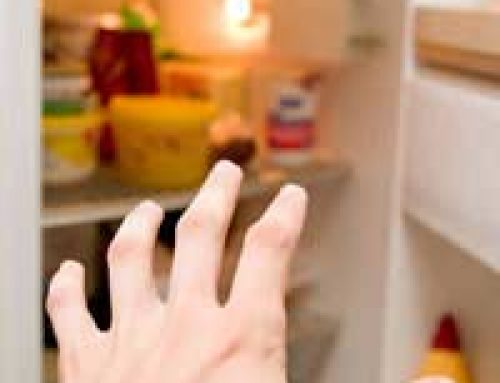 Some people prefer taking a shower to a bath as it makes them feel more refreshed, whilst for others, it’s easier and quicker to take a shower rather than a bath, then there are those who find it easier to take a shower if they have mobility problems or who wish to conserve water resources. Whatever your reasons, there are certain safety issues to consider when it comes to showers.
Some people prefer taking a shower to a bath as it makes them feel more refreshed, whilst for others, it’s easier and quicker to take a shower rather than a bath, then there are those who find it easier to take a shower if they have mobility problems or who wish to conserve water resources. Whatever your reasons, there are certain safety issues to consider when it comes to showers.
Anti-Scald Devices
Many people will be familiar with the problems caused when running a shower when another device is being used simultaneously, such as flushing the toilet or running another tap. Often, this will just result in the shower pressure dropping and/or the water flow becoming cold but, in some cases, the return to the normal pressure can often cause the temperature of the shower’s water flow to increase dramatically and, if we’re not able to get out of the shower in time, this can result in serious scalding injuries. You can have anti-scalding devices fitted which will activate in this instance and will ensure your water temperature doesn’t deviate by any more than 3 degrees Fahrenheit. Alternatively, you can choose to have a plumber fit a pressure-balanced valve which will maintain a constant level of water temperature even if there’s any loss in pressure.
Non-Slip Floor Surfaces
Many accidents resulting in injuries in the shower are caused by your feet slipping on the floor so you should have a non-skid mat or adhesive textured strips fitted.
Shower Doors
The problem with slippery floors in showers is that they can cause you to lose your balance and, in an effort to try to regain it, you can often fall against the shower door, if your shower is fitted with a door and not just a simple curtain. Therefore, you should choose a shower door which is made of safety glass or heavy duty plastic as you could suffer serious injury if you were to lose your balance and fall heavily against a glass shower door which is likely to shatter.
Grab Rails
Grab rails should not just be an option for the disabled. They should be fitted as standard as they will give you added protection should you lose your balance if you slip. You should also have any soap dispensers or shower gel units firmly fitted to the shower wall too as over-reaching for these items can also cause you to slip.
Cords
Make sure the shower can be turned on and off by a pull cord within easy reach. This is important because if there is a sudden surge in the temperature of the water, you’ll need to be able to turn off the power source immediately.
Older Showers
Also remember that some older showers not fitted with a thermostat control can also react differently depending on the temperature outside so, for example, on a hot, sunny day, you may need to turn your shower’s temperature gauge down before you get into the shower as the water might scald you. Likewise, on colder days, you may need to turn the temperature settings up higher.
Mobility Problems
You can buy shower cubicles these days which come with chairs fitted inside them which will fold back against the wall if the person taking a shower after you doesn’t need to use the chair and you can buy cubicles which allow you to take your wheelchair into the shower with you. It goes without saying that showers should be regularly cleaned to avoid the build up of mildew on the tiles and on the shower head and shower curtains should be replaced regularly too to avoid a similar fate. Also, make sure you wipe up any water spillages after you’ve finished using the shower, particularly those on the bathroom floor as that could also cause an accident before the next person has even got to use the shower.





Leave A Comment